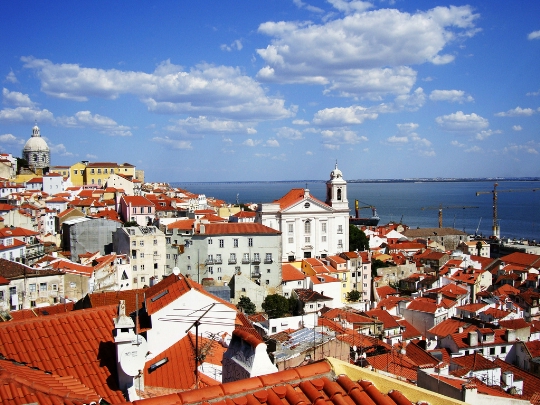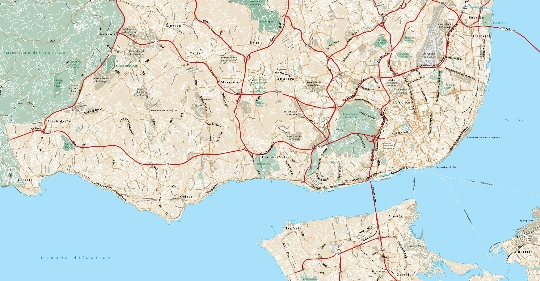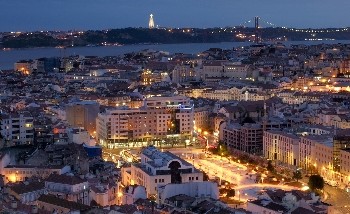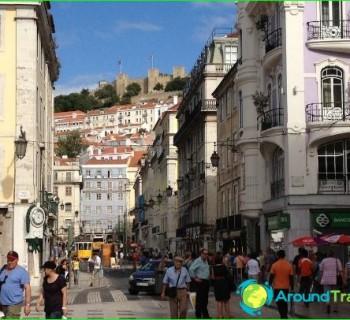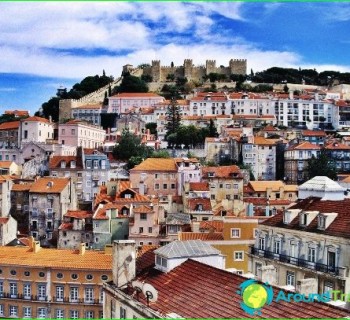Districts of Lisbon
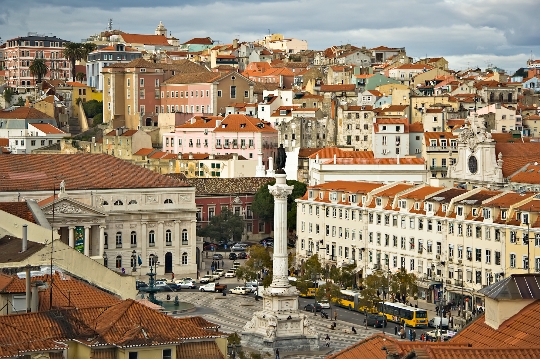
Districts of Lisbon are represented by 53 administrative units, and areas that do not have administrative boundaries (they have developed historically) are of no less interest for tourists.
Names and descriptions of the main districts of Lisbon
- Ajuda: having familiarized themselves with the map, vacationers will highlight the important attractions of the area in the form of the Botanical Garden “Ajuda” (in addition to tropical plants and flower beds, there is a fountain of the 18th century), the National Ethnographic Museum (here are collected cultural objects of the former Portuguese colonies), the National Palace of Ajuda (in its interior there are objects of decorative art in the form of furniture, tapestries, paintings and other things), Museum of carriages (collection of carriages subject to inspection).
- Estrela: famous for the basilica of the same name (from its roof, where a steep staircase leads, an attractive panorama opens up, which should be captured in the photo) and the adjacent garden.
- Belem: recommended to see the Belem Tower (a reflection of the Moorish style; tower height - 35 m) and Jeronimos Monastery (has a museum, a collection of which consists of ceramic and glass objects, sculptures, mosaics, silver and gold jewelry; and the monastery is a repository of Vasco's remains da Gama, Kings João III and Manuel I).
- Chiado and Bairo Alto: Garrett Street is suitable for shopping; if you wish, you can go to inspect the ruins of the Carmelite monastery (the Archaeological Museum functions here) and the Church of St. Roch (it is worth admiring the ceiling frescoes, marble decoration and gilded carvings present in the interior, and look into the Museum of Sacred Art).
- Baixa: here you can ride the Elevador di Santa Justa lift funicular (two lifts move to a height of 45 m), visit the National Theater of Queen Mary II (you can visit the performances, and at the same time admire the decor created by leading architects and artists 19 century), walk along Rossio Square (the walk will be accompanied by an inspection of the fountains and monuments erected in honor of the monarchs, as well as a visit to old cafes serving delicious Portuguese coffee).
- Alfama: subject to inspection are the Se Cathedral (Gothic style), the Castle of St. George (guests will be able to admire the delicate bas-reliefs and walk along the fortress walls), the exposition of the Museum of Decorative Arts (a collection of paintings, jewelry, carpets, etc.) and the Military Museum (weapons, swords , military uniform, cannons), the Church of St. Anthony (it is worth admiring the vaulted ceiling and paintings by Pedro Alexandrino).
Where to stay for tourists
An attractive place to stay for tourists is the vicinity of the Marques de Pombal Square. This is due to the fact that this area is connected with all parts of the city by good transport links, and there are many hotels around the square, aimed at tourists with different budgets..
The neighborhood of Rua da Prata street is of equal interest, since it and its nearest “neighbors” are the walking and shopping center of Lisbon.
